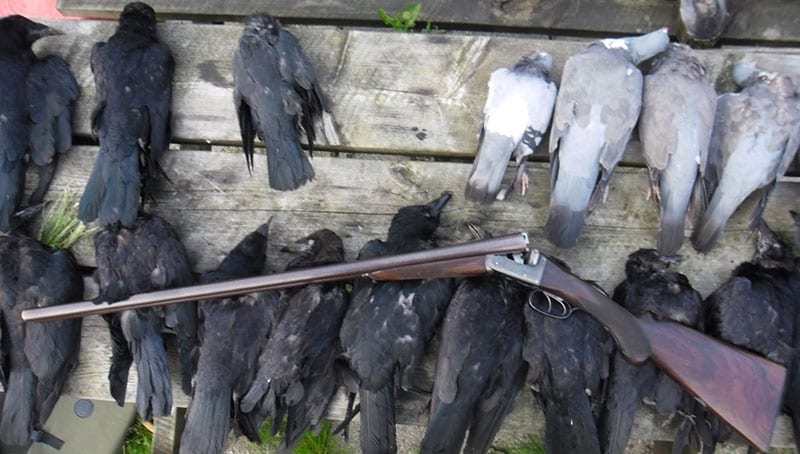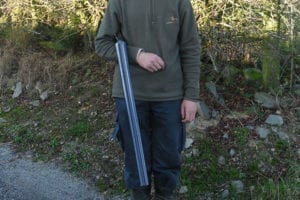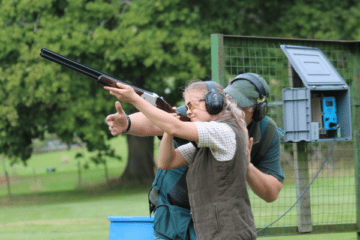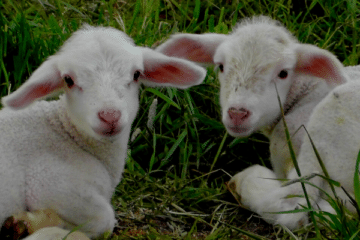 Crows are one of the smartest British birds. Their plumage is shiny and jet black and they are very clever and cunning. They stand out a mile in the landscape, but they are among the most difficult birds to shoot, not because of any fast flying, or high-speed aerobatics, but because they rarely let you get close enough to take a shot. Crows have excellent eyesight and they are crafty enough to know when something looks wrong, so outsmarting them can be difficult. You could almost admire them if they weren’t such a problem.
Crows are one of the smartest British birds. Their plumage is shiny and jet black and they are very clever and cunning. They stand out a mile in the landscape, but they are among the most difficult birds to shoot, not because of any fast flying, or high-speed aerobatics, but because they rarely let you get close enough to take a shot. Crows have excellent eyesight and they are crafty enough to know when something looks wrong, so outsmarting them can be difficult. You could almost admire them if they weren’t such a problem.
Like all corvids, crows are a major agricultural pest, as for most of the year they feed on fodder put out for livestock, and flocks of them crowd around open feeders fouling the contents and spreading disease. On fields of young barley, they flatten the standing grain and destroy large areas of it. Crows also pose a great threat to sheep during lambing time, as they attack pregnant ewes, often causing the sheep to be put down, and killing new born lambs.
Crows are also a big problem for wildlife. When the crow population increases, rare ground nesting birds like curlew, lapwing and plovers decline sharply as their nests are raided, eggs and chicks taken by the coal-black robbers. They are also a menace for game birds with the nests of resident woodcock, grey partridges, and grouse all on the menu. Clearly something needs to be done to control crows. But what?
Perhaps the best way to control crows is by using traps, both Larsen in the breeding season, and cage traps to get large numbers of curious and clueless youngsters. But traps are expensive, and crows can grow wary of them if used too much. They can also be damaged by well-meaning passers-by.

Shooting can work well, especially in the spring when crows pair up and start nesting. Killing one of a pair disrupts breeding. Knowing where the nests are and lying in wait works well if the hide is well concealed. Although taking out breeding birds in the spring is best, young crows are less wary and decoying them in the summer is surprisingly easy. These birds are greedy for grain, as it ripens and a simple hide in a hedge is often overlooked.
The aim of controlling crows is to keep the numbers in check and give other birds and animals a chance. But no-one wants to get rid of crows altogether. The British countryside would be so much poorer without these cunning birds.




